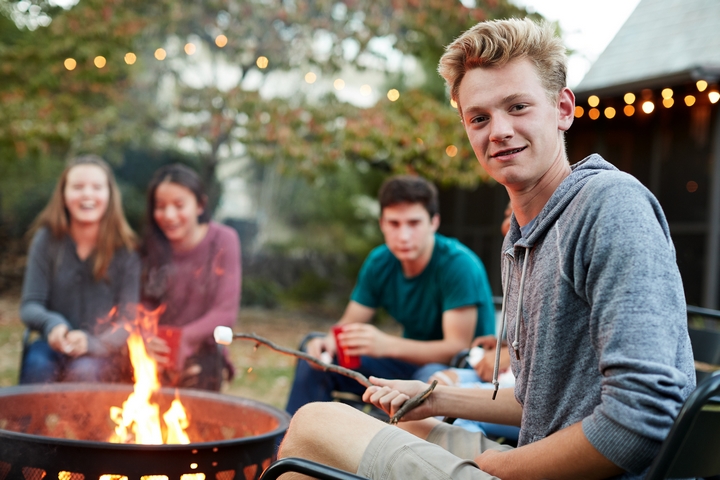
One of the best parts of being a kid is the inevitable time you get to spend away from your parents. Whether it is spending the night over at a friend’s place, or by going to summer camp, it is the beginning of experiencing true independence. In regards to the latter, spending days upon days at summer camp allows many fun times to be had.
It is important to find a day camp with a competent camp counselor at the helm. Camp counselors have their fair share of obligations, but, depending on the actual camp, their duties may vary. For the most part, some responsibilities will remain the same.
Here are seven camp counselor job responsibilities and duties:
Responsibility #1: Staff Training

To begin with, a camp counselor is in a sort of managerial position. This means that they are more or less responsible for training staff for onsite activities. Staff will have to be instructed on a requisite manual’s instructions, so they know how to use the information in the case of an emergency.
In addition, staff will also have to submit various forms to the camp counselor. These forms are vital in ensuring that each staff member does not have a criminal record, for example. Most camp counselors will schedule training before the summer season begins, so that all staff members are fully prepared.
Responsibility #2: Child Safety

Undeniably, the safety of all child campers is the most important camp counselor job responsibility. A camp counselor will, therefore, have to be well-versed in health and safety protocols. Being certified in first aid, for example, is usually required, along with knowing how to administer medication for the child who needs it.
An administrative coordinator from the summer camp will generally instruct the camp counselor on how to do these exercises. When the time comes for summer camp to start, the counselor will have to demonstrate competent leadership. This should be no issue; after all, they are in a lead, managerial role!
Responsibility #3: Develop Activities

Although onsite staff will be able to assist in each exercise, it is the duty of a summer camp counselor to develop these programs. For instance, the camp counselor will have to cultivate swimming programs in an area that is suitable for the participants. This is where weekly written program plans will be practical.
These program plans, drawn up by the counselor, meticulously outlines how these activities will play out. All daytime programs will have to be recorded after they are completed, and stored somewhere for ease of access.
Responsibility #4: Encourage Interaction

One of the main purposes of summer camp is to stimulate social bonds between each camper. The camp’s respective counselor, therefore, is responsible for encouraging these bonds and relationships to manifest. Take lunchtime, for example. A camp counselor should inspire healthy discussion between each camper, on all exercises done so far.
Campers will be able to discuss their thoughts on their morning exercises. This is a prime time for them to share thoughts on how they can do better in the following day. If a substantive discussion is able to be had, then a camp counselor can rest assured in successfully fulfilling this duty.
Responsibility #5: Outdoor Education

A majority of the morning and afternoon will be spent traversing the outdoors. It is the responsibility of the camp counselor to spark awareness of this environment to the campers. This involves teaching campers about good environmental practices, such as litter prevention.
Getting the young campers to also appreciate their surroundings is an integral component of outdoor education as well. Many of the campers will come from heavily urbanized cities. Allowing them to value the outdoors during their afternoon hikes is a pivotal part of a counselor’s main responsibilities!
Responsibility #6: Enhance Present Skills

Above all else, a camp counselor should ensure that the skills held by campers are enhanced by the end of their stay. Campers should know how to swim properly in a lake, or know how to create crafts with proficiency. To do this, counselors will usually brainstorm with their staff in order to determine how to best achieve this result.
Responsibility #7: Remain Professional

As a camp counselor, presenting themselves as professional and welcoming is key. Since they will be leading young campers through various daytime exercises, enthusiasm should be their strong suit. This has the intended effect of allowing all campers to stay just as excited about each day’s activities. The last thing a counselor wants from their campers is boredom!
Summer days may become overbearing during the length of camp, especially with the hot rays of the sun present. However, a professional camp counselor will not only be able to complete their job successfully, but also leave a lasting impression. Campers will inevitably make bonds with each other, but may also speak highly of a good camp counselor to their parents!









